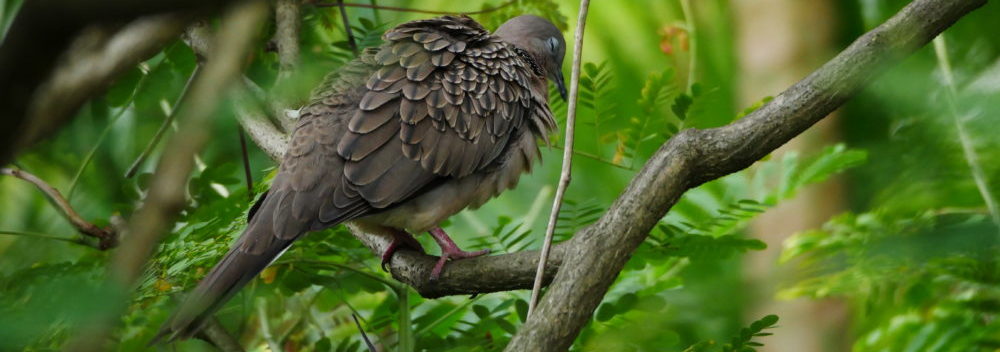
(William Yeats, 1919)
“The Second Coming”
Turning and turning in the widening gyre
The falcon cannot hear the falconer;
Things fall apart; the centre cannot hold;
Mere anarchy is loosed upon the world,
The blood-dimmed tide is loosed, and everywhere
The ceremony of innocence is drowned;
The best lack all conviction, while the worst
Are full of passionate intensity.
Surely some revelation is at hand;
Surely the Second Coming is at hand.
The Second Coming! Hardly are those words out
When a vast image out of Spiritus Mundi
Troubles my sight: a waste of desert sand;
A shape with lion body and the head of a man,
A gaze blank and pitiless as the sun,
Is moving its slow thighs, while all about it
Wind shadows of the indignant desert birds.
The darkness drops again but now I know
That twenty centuries of stony sleep
Were vexed to nightmare by a rocking cradle,
And what rough beast, its hour come round at last,
Slouches towards Bethlehem to be born?
My youthful encounters with this verse was through the Nigerian author Chinua Achebe’s novel, Things Fall Apart (1958) and was the first if not final impression of a line that conjures imagery from the penultimate colonial Nigerian society of that era, about to be forever transformed by the impending Western colonization.It has taken me that long, 40 years hence, to recognize the roots of that literary ingenuity from the words of William Yeats, written some 99 years ago, on the nature of the Second Coming of Christ, and since then, a poem cribbed in multitudes of forms, meanings and context, in bits, pieces and parts, by authors, film-makers and commentators, to address how the span of 20 centuries might revisit an innocuous Immaculate Conception and Incarnation of such momentous but gentle significance, to portend a Second Coming of such dreaded anticipation.
The indictment by Yeats of the slouching beast, it seems to me, is not of the Christ Messiah whose radical message of peace is one of the spirituality of meekness and the overwhelming power of powerlessness to the ravages and trials of humanities’ pretenders to the Throne through the ages, but the inherent denial Man to our own folly, as we totter from the edge of one abyss to another, buffeted by the winds of secularism, materialism and relativity, a self-absorbed buffoon self-consciously awaiting the perceived wrath of a judging, blaming God.
“God whispers to us in our pleasures, speaks in our conscience, but shouts in our pains.” ― C.S. Lewis.
Surely the message of the second coming of Christ is less of a gale or a hurricane, or of the ferocity of earthly-conceived destruction and consternation, than it is of a whisper of Divinity of no less shattering consequences.
“the decisive battles of God’s kingdom are fought in solitude” – Josef Neuner S.J.
Christ said in the Gospel of St John (“I go away, and I will come to you.” Jn 14:28) and He did. So finally, He will come again (the third coming). and it will be the whispers from within, the depths of our souls, pouring forth into the open, that will signify the end-times, our personal end-times, the Illuminations from within, from across a thousand points of darkness to Light.
(The nape of a young papaya tree; Lumix G85; Olympus Zuiko 75-300mm 2018)

